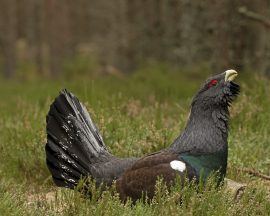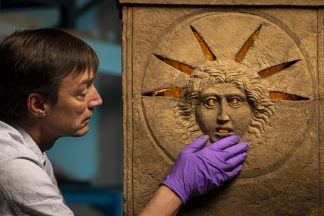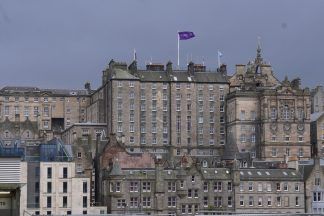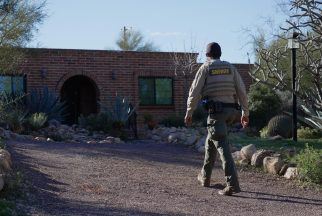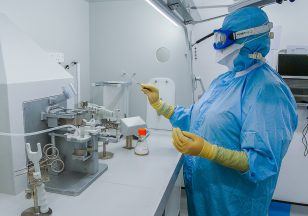A Dutch animal feed firm’s methane busting enzyme will be made in Scotland in a £100m manufacturing deal.
First Minister Nicola Sturgeon will meet Geraldine Matchett, the co-CEO of Royal DSM, to announce the company’s investment of more than £100m in Scotland, focused on reducing methane emissions from farming.
The investment, supported by Scottish Enterprise, will provide the first global manufacturing site for the company’s new feed additive Bovaer and boost Scotland’s economy at its Dalry plant in Ayrshire.
It will safeguard existing jobs and create between 100 and 150 new construction roles across two years.
According the Royal DSM’s website, the feed additive, researched and developed in the last 10 years, has the potential to reduce methane emissions from cattle, sheep and other ruminants by approximately 30%.
Speaking ahead of the meeting, the First Minister said: “Methane reducing feed additives are a crucial part of the solutions that the agriculture sector needs to deploy towards achieving climate ambitions.
“This multimillion-pound investment will make Scotland the home of this innovative product and highlights that Scotland is leading the way in delivering a net zero future.
“I’m pleased to also welcome this boost to the Scottish economy, securing the Dalry site’s long-term future and safeguarding more than 300 existing jobs with an anticipated increase of job numbers of around 10%.
“Our vision for the future of agriculture in Scotland is a positive one, with a clear ambitious aim: to transform how we support farming and food production in Scotland to become a global leader in sustainable and regenerative agriculture.
“In October, the Cabinet Secretary for Rural Affairs and the Islands announced a National Test Programme, of funded measures, to assist in reducing agricultural emissions, with up to £51m of investment over three years.
“We continue to work collaboratively with our agricultural industry, environmental bodies and renowned scientific partners to consider the complex issues around multi-faceted land use, and decisions that impact on them, while we identify the best way to ensure delivery of these outcomes in line with a Just Transition.”
The investment was welcomed by WWF Scotland, and spokesperson Sheila George said: “This is exciting news as innovative solutions like feed additives will be an important tool in the box to reduce methane emissions from livestock.
“It’s good to see Scotland increasingly become a hub for solutions such as this, which help ensure we can produce world class food, while reducing its climate impact.”
Follow STV News on WhatsApp
Scan the QR code on your mobile device for all the latest news from around the country


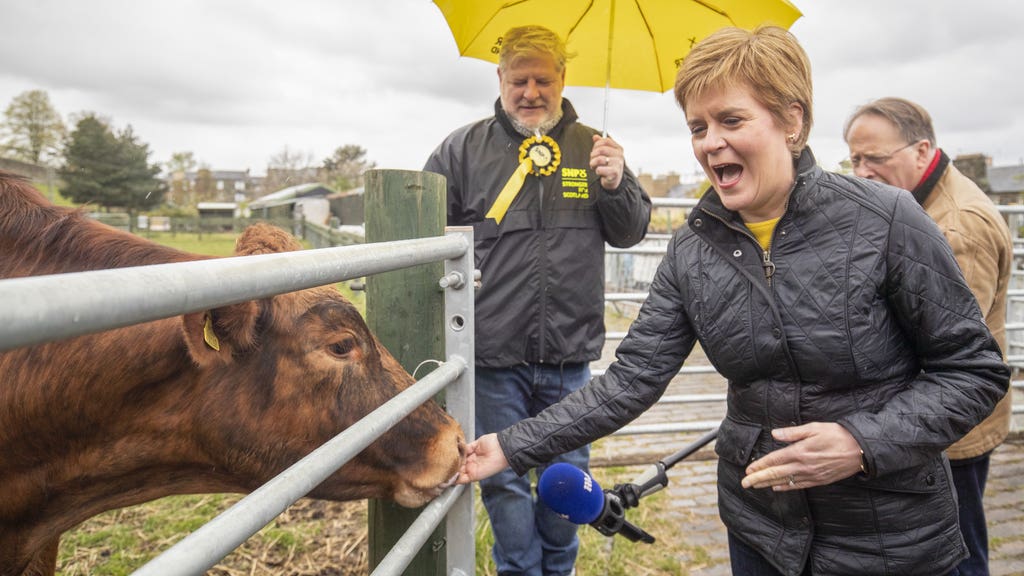 PA Media
PA Media






